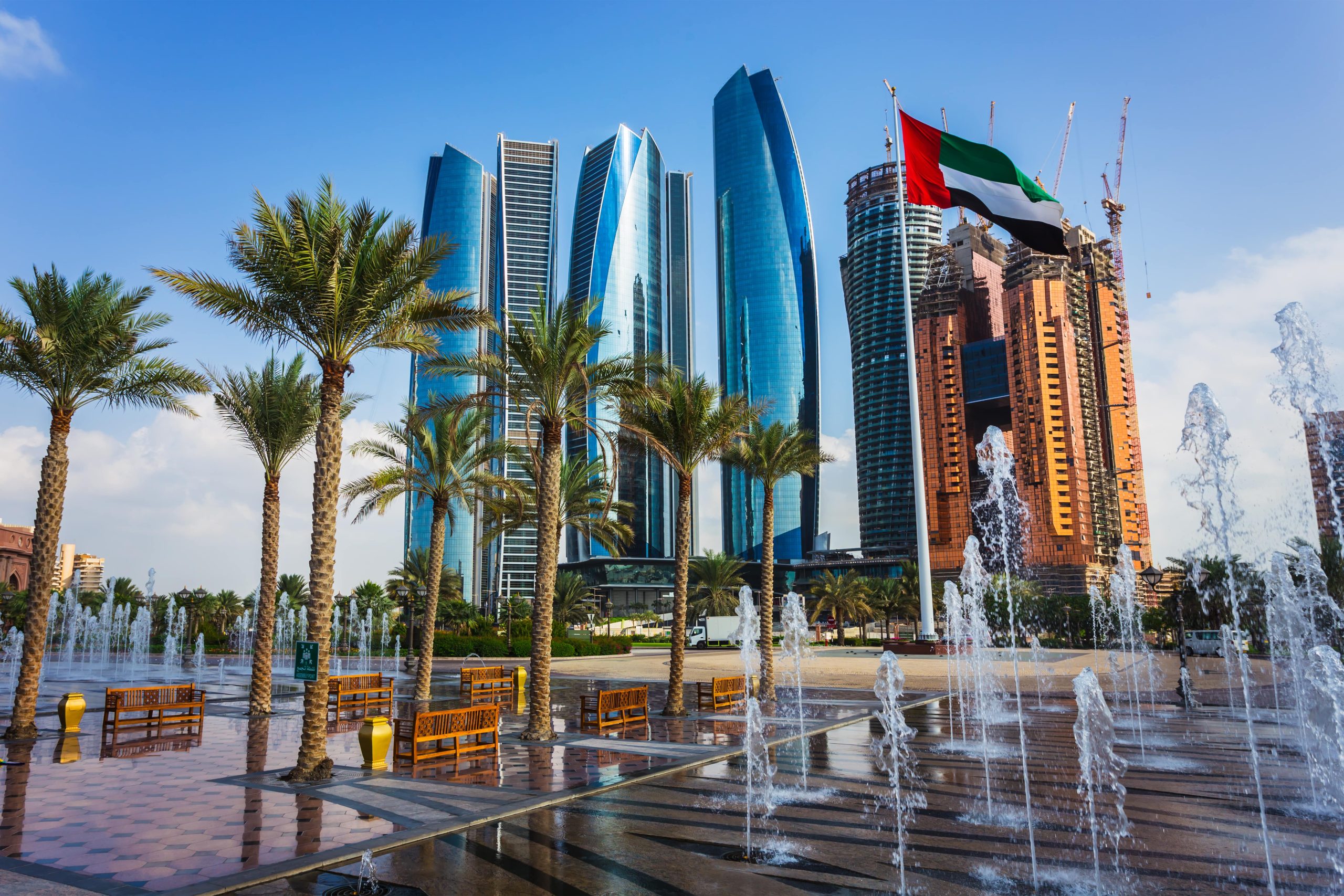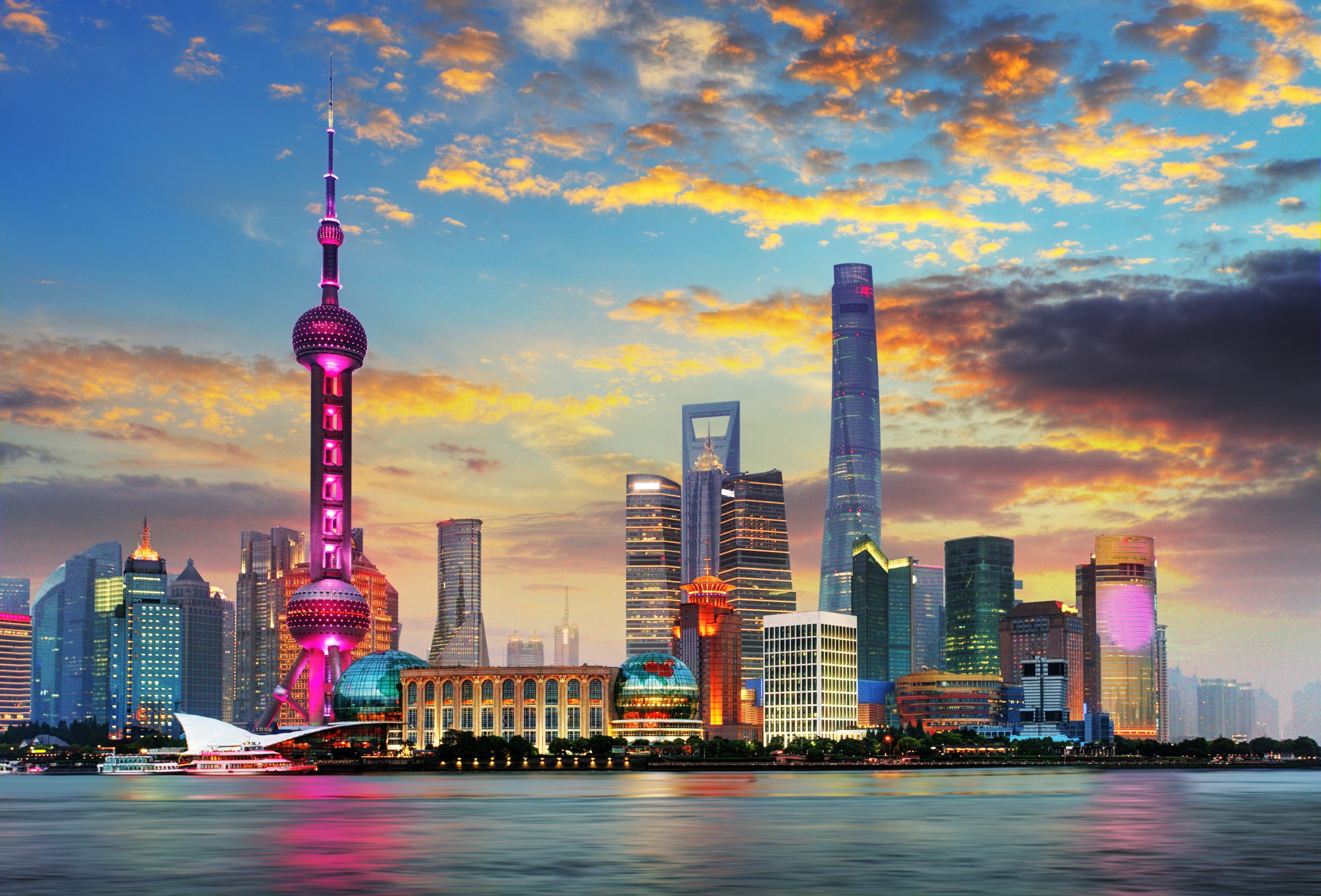Abu Dhabi Introduces its First Hydrogen-powered Taxi

The new taxi aims to reduce carbon emissions in the emirate, as well as help meet Abu Dhabi’s environmental goals, which aim to reduce emissions by 30 million tones by 2027, from 135 million tones in 2016.
The trial will analyse the effectiveness of clean fuel operating mechanisms, the number of kilometres travelled and the amount of hydrogen used.
The Integrated Transport Centre (ITC) made the announcement
It said the launch was in collaboration with Tawasul Transport Company, Adnoc Distribution and Al-Futtaim Motors as part of its commitment to reduce emissions in taxi use, and was in line with Cop28 goals.
The ITC reiterated that using eco-friendly taxis is vital to ensure Abu Dhabi meets its global sustainability goals with an accelerating global transition to green transport systems.
The announcement comes the same day the Cop28 climate conference kicked off in Dubai.
Leaders, ministers, royalty, climate advocates, billionaires and officials from around the world are expected to be among those attending the summit in Dubai.
Earlier this year, five Tesla vehicles hit the road under a partnership between the ITC and public taxi franchisee Arabia Taxi Transportation.
Sharjah’s Road and Transport Authority also introduced 10 Tesla Model 3 cars to its ranks
The gradual shift away from petrol vehicles is part of the UAE’s efforts to hit net zero emission goals by 2050.
Abu Dhabi has signed a partnership with Shenzhen, one of the largest cities in China, to develop a green hydrogen complex to power buses and cars by 2025.
The deal will look at collaboration on projects including green mobility, technology, autonomous solutions, sustainability and urban development, officials said.
The agreement was signed by Mohamed Ali Al Shorafa, chairman of Abu Dhabi’s Department of Municipalities and Transport (DMT), and Qin Weizhong, mayor of Shenzhen, during an inaugural innovation forum
Shenzhen, which posted a 5 percent increase in gross domestic product (GDP) to 2.5 trillion yuan ($334 billion) in the first three quarters of 2023, is an established tech hub with a population of more than 13 million, and companies such as Huawei and Tencent have their headquarters there.
The city’s research and development expenditure accounted for more than five percent of its total GDP in 2022
The city’s research and development expenditure accounted for more than five percent of its total GDP in 2022, and it was home to 23,000 state-level high-tech enterprises.
A little over four decades ago, Shenzhen was a fishing town in the Pearl River delta opposite the then British colony of Hong Kong.
As part of the new deal, the investment company Templewater Hong Kong Ltd will work with DMT and the Integrated Transport Centre to explore sustainable public transportation including the launch of green hydrogen-powered buses and cars in Abu Dhabi by 2025.
Al Shorafa said of the Abu Dhabi-Shenzhen deal: “Abu Dhabi has its sights firmly set on being a global pioneer in sustainable and smart urban development… This is the perfect time to sign a twin city agreement with one of the most advanced cities in the world.”
It is the latest example of Abu Dhabi turning to China to seek expertise in growing its economy. In November, the city signed an agreement with the province of Jiangsu to target manufacturing growth.
Trade between the UAE and China rose by around 37 percent to $107 billion, overtaking Saudi-China trade, the think tank Asia House said.
Other collaborations proposed under the agreement between Abu Dhabi and Shenzhen include the Chinese city’s Urban Transport Planning Centre Co Ltd and DMT to establish a joint laboratory to develop smarter, safer and greener transport systems in Abu Dhabi.
A deal with Huawei will explore enhanced IT infrastructures
A deal with Huawei will explore enhanced IT infrastructures, vehicle charging and a holographic road network and traffic optimisation system.
Earlier this month, Abu Dhabi linked up with Hycap, an asset manager based in the UK that funds net zero projects, to develop an industrial complex for green hydrogen to include an electrolysis plant, hydrogen storage and tankers for transport.
Abu Dhabi published its hydrogen policy and regulatory framework in 2022 and announced last year that it intends to roll out a carbon certification framework for the hydrogen industry in 2024.
The emirate’s non-oil economy grew 7.7 percent in the third quarter of 2023, the latest data from the Statistics Centre, Abu Dhabi has revealed.
The economy reached its highest quarterly value at AED290.5 billion ($79.1 billion), rising one percent year on year in real GDP despite a decline in oil prices.

